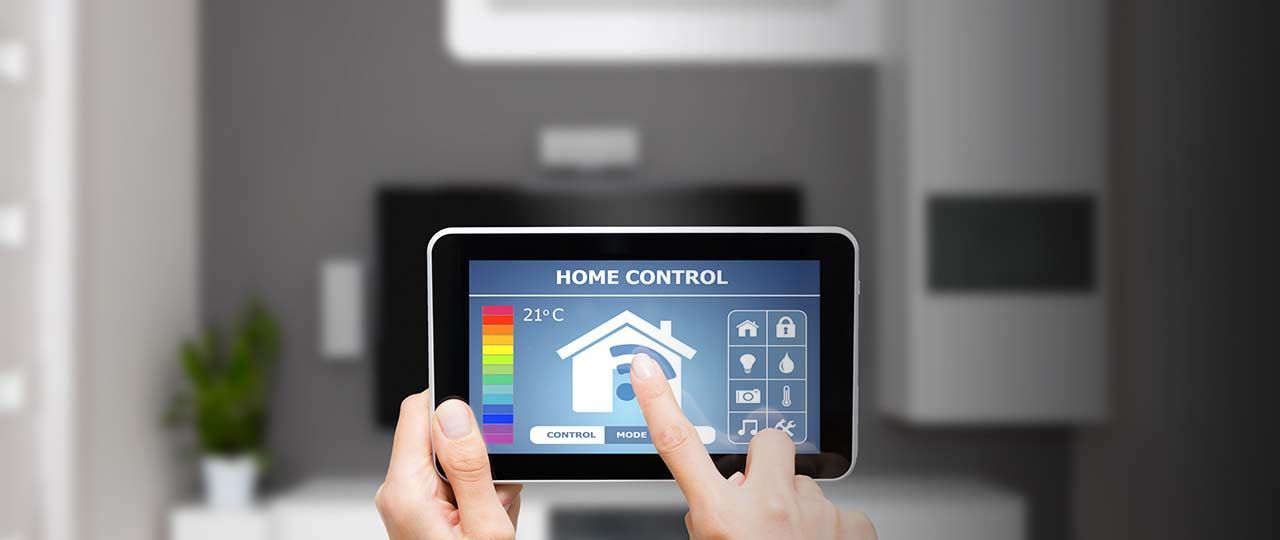
Richard Banes-Walker
Senior Associate Director, Estate Agency


Senior Associate Director, Estate Agency
A new survey has found that three-quarters of homeowners are fearful of smart homes. But do we need to be concerned?
Fear of the smart?
Through the Internet of Things, smart technology is infiltrating pretty much every aspect of our home from security and cooking to entertainment and even sleeping.
The most popular smart gadget is a smart TV, with nearly 1 in 3 people owning one. Smart energy meters were the second most popular, owned by 16% of people in the MoneySuperMarket survey.
But by connecting everyday items like kettles, beds and fridges to the internet there is a fear that the large corporations that own these products will be gathering your data. The survey found that 76% are ‘fearful’ of unapproved data collection.
The second biggest worry was the technology being hacked by criminals (51%), while others were worried that their expensive TVs or vital heating system might be made unusable by a virus (43%). Finally, thanks to the likes of TVs that listen to your commands and smart hubs like Alexa that are always on, 42% of people were worried about being recorded without their knowledge.
What are the solutions?
Like anything you install in your home – from cookers to electric garage doors – as long as you install them properly and following the guidelines, you can prevent many of the issues raised.
The best place to start with security is the source of all smart home items – your internet. Make sure you’ve got secure WiFi. This means updating the user name and password when you buy a new box and changing the password every six months. It’s also worth activating encryption on your box. And keep it updated. Many of the updates help protect against hacks and viruses.
If you’re worried about items being hacked, check out online review and news stories for any past examples. This won’t prevent future hacks but could give you a better picture of any items that keep on coming up and how to handle a hack.
For privacy issues, after you’ve installed your smart item go into the settings and look for the privacy section. Most will have some way to opt out. If not, email the supplier and ask them to provide you with details on how to prevent your data being stored by them.
If you’re worried about being recorded by Alexa or Google’s Home hub without your knowledge, again check the privacy settings or simply press the mute button when you’re not using it. To manage your own data, a good place to start is myactivity.google.com.
And you can go old school for cameras by simply taping over the camera.
Do the benefits outweigh the concerns?
It very much depends on how you use your smart home. The irony is that those getting the most benefits are those who fully engage with the smart items, thus opening themselves up to more of the concerns like data collection and viruses.
But if you can get them working how you like, they do provide convenience, security and cost-saving elements from increased home security to reduced energy bills.